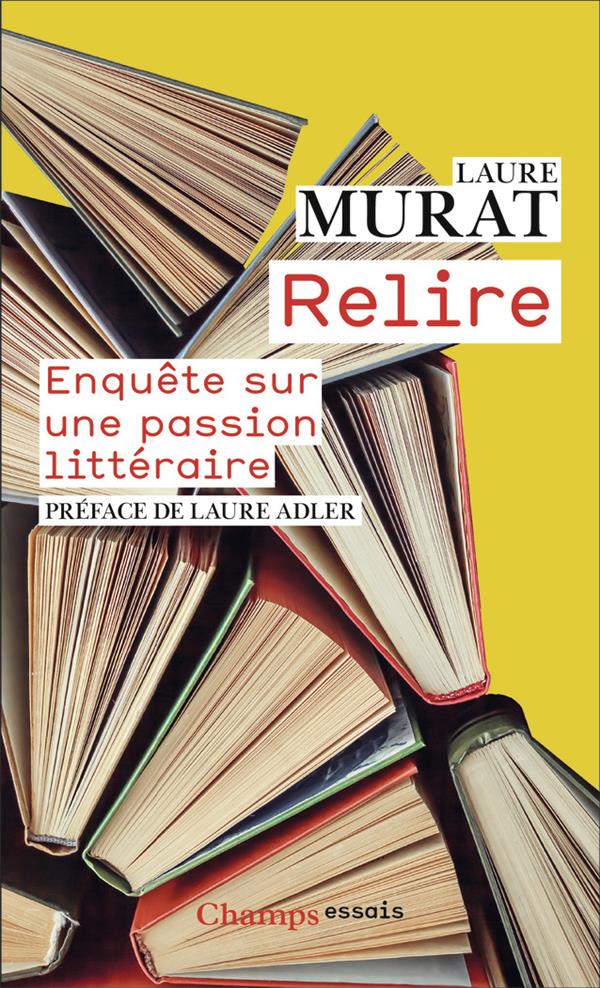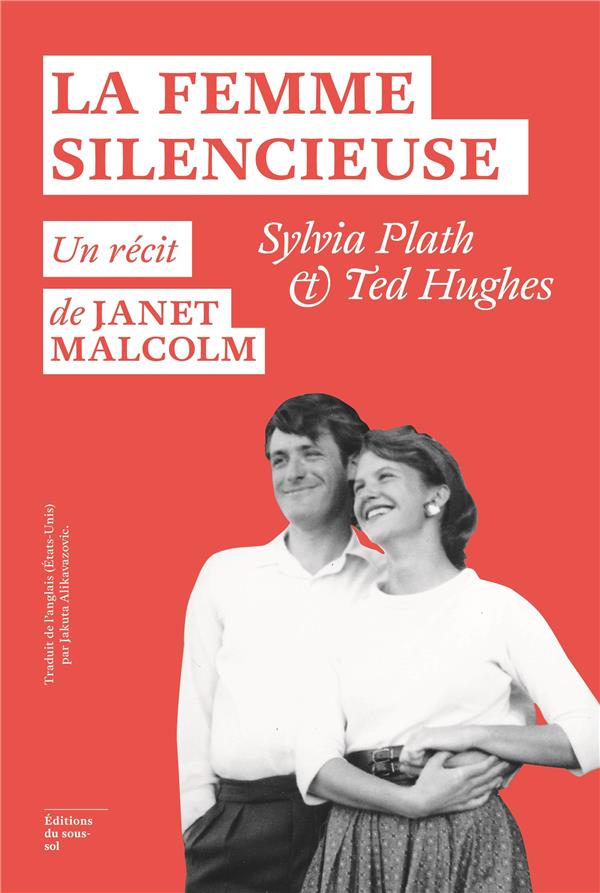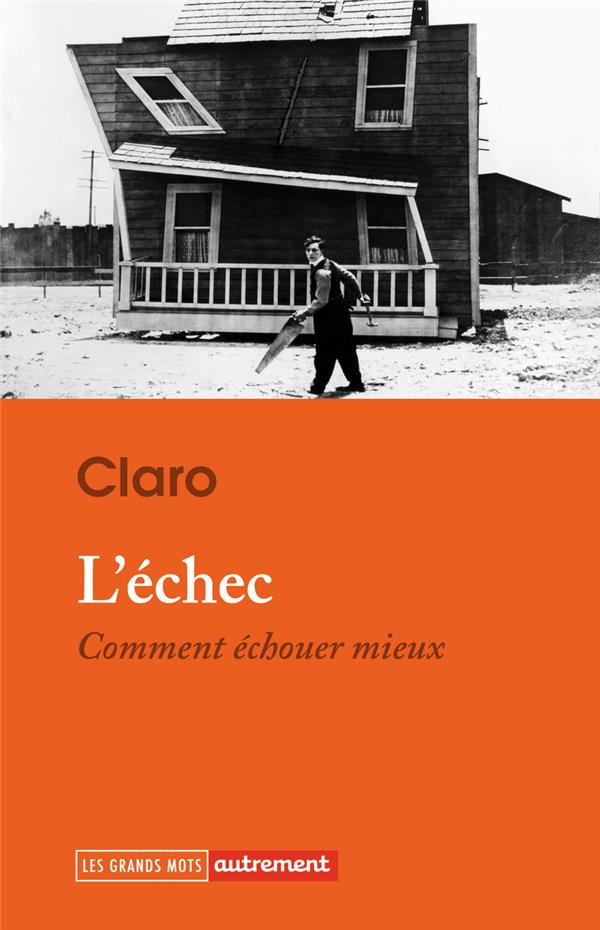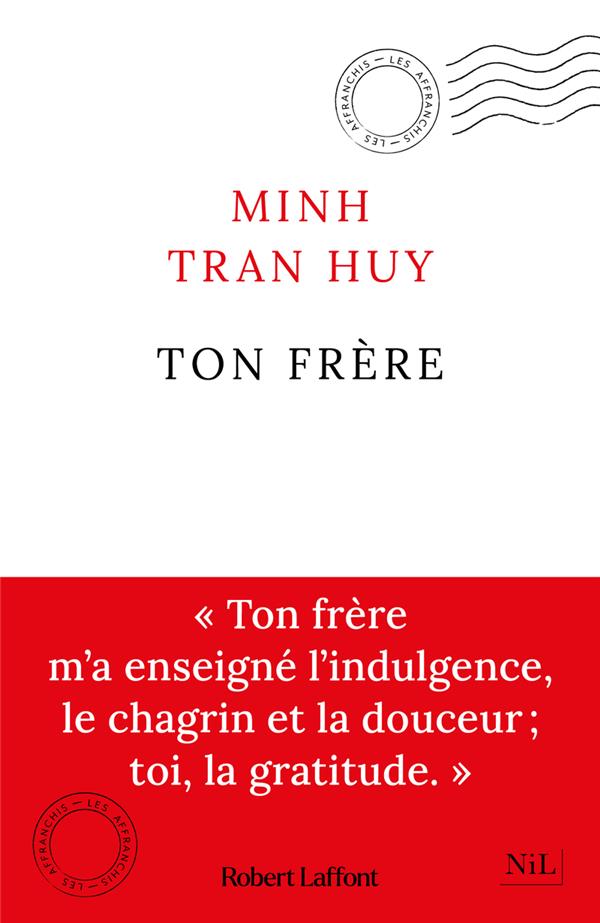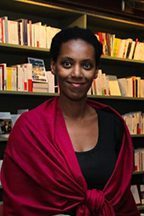On Reading, Writing, Failing, and Living
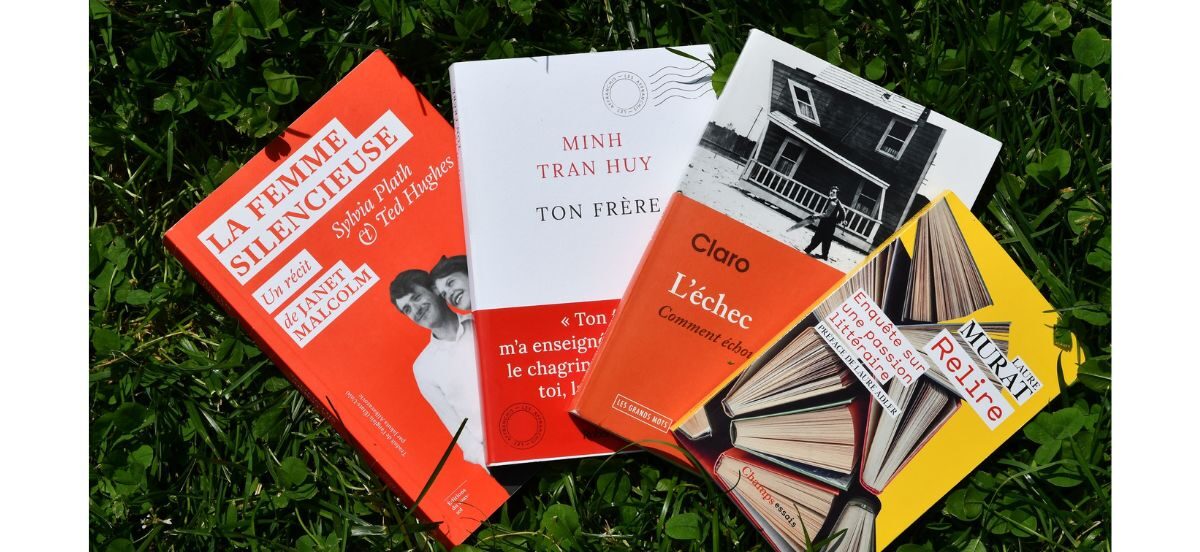
These days, the word failure seems to be on everyone’s lips, hovering like a ghost over our conversations. What if failing was substantial to the act of writing? Can a reader exhaust a book? Can an author exhausted a subject? Here are four books that consider writing as a failing process, reading as an act of co-creation [of the book], and writing as an adventure that takes the writer far from where he had planned to go. How should one write an autobiography of a deceased person? What are the challenges facing by biographers? You will find many fascinating answers to all these questions in Relire, enquête sur une passion littéraire by Laure Murat (Champs essai), L’Echec. Comment échouer mieux by Claro (Autrement), Ton Frère by Minh Tran Huy (Robert Laffont), and La Femme silencieuse by Janet Malcolm (éd du Sous-Sol)
Reading List
What does it mean to reread? Is there really repetition when we reread? Questioning Deleuze’s concepts of difference and repetition, and Kierkegaard’s and Borges’s of reprise, Murat pursues a dialogue at the summit with the great works, and draws us in, captivated, to follow her.
Is rereading possible? “It’s in the same that we find the new, because in the new, we risk finding only the same” implied Barthes.
Does the text change? Have we, the readers, changed in-between our multiple readings? What are we looking for when we reread? To rediscover the past? Understand a text better?
Click here to purchase this book with us.
What does writing a biography entail? What is the biographer’s position vis-à-vis his or her subject? What is his or her involvement? What are his or her responsibilities? All these questions emerge from Janet Malcolm’s fascinating study of the Sylvia Plath myth.
The starting point for Malcolm’s book is a scandal that tears apart the US/UK literary world following the publication of Bitter Fame, a biography of Sylvia Plath by a scholar of her generation, Anne Stevenson. The literary world split into two camps, pro Sylvia Plath and pro Ted Hughes, with the former reproaching Stevenson with uncommon virulence for having written her biography under the strict control of Olwyn Hughes, Sylvia Plath’s parliamentary executor, who was keen to protect her brother Ted’s reputation:
“Biography is the medium through which the remaining secrets of the famous dead are taken from them and dumped out in full view of the world. The biographer at work, indeed, is like the professional burglar, breaking into a house, rifling through certain drawers that he has good reason to think contain the jewelry and money, and triumphantly bearing his loot away.”
Read more here.
Click here to purchase this book with us.
“I write therefore I fail”. In L’échec, Comment échouer mieux, Claro embraces a different perspective on writing. Failure ceases to be the less than desirable end of an attempt/project, and embodies an opportunity, a new start.
“What is the meaning of this mysterious must “to fail”? For those who write, there is more than one way to fail. So much so that one could speak of an art of failure, a passion for defeat. do and redo. Done and undone. There’s no way out, as we’ve said. so much the better.” To create doesn’t mean to succeed, but rather to extract from the darkness a confession of light.
Writing means constantly twisting and turning, and failure remains the only real “condition of creation”. Writing itself is a permanent confrontation with failure, and in these pages, Claro analyses the companionship between a handful of literary masters (Kafka, Pessoa, Cocteau, and others) and failure, and this journey is priceless!
L’échec, comment échouer mieux by Claro, Autrement
Click here to purchase this book with us.
Ton Frère, Minh Tran Huy’s second memoir, is conceived as a letter to her youngest son, Serge. Her eldest son, Paul, who suffers from severe autism, was the main character in her previous book, Un garçon sans histoire. It showcases the struggle waged by Minh Tran Huy and her husband to raise Paul, a struggle that proves not only endless, but doomed to failure because France is decades behind in autism care, and doesn’t seem concerned at all about it.
“Paul n’entre pas dans les cases que le monde de la France universaliste —la France de la liberté, la France de l’Egalité et de la fraternité— ambitionne de bâtir, mon Serge. () Ce n’est pas qu’on ait pas le savoir ou les ressources nécessaires. On sait ce qu’il faudrait faire, mais on ne le fait pas. On sait qu’il faudrait former du personnel mais on ne le forme pas. On sait qu’il faudrait construire des établissements spécialisés, mais on ne les construit pas. On sait qu’il faudrait soulager des familles au bord de l’implosion, mais on ne les soulage pas.”
Click here to purchase this book with us.


